There are a number of baby products on the market that seem like a really great idea. Take this
carbag, for example, which is like a little sleeping bag with a hole between where the legs go so you can thread the car seat belt through it without taking the baby out of the warm snuggly bag. It sounds like a safe way to buckle up the baby while also keeping him warm. Also, check out the head support pillow set in this picture. It looks like a fabulous idea; it keeps the baby's head from flopping to one side in a most uncomfortable-looking manner when the baby falls asleep.

Gabi sleeping in her swing
with the head support pillows
Unfortunately, I have discovered that a number of these items are actually not safe for the little baby they are made for. If you use these head support pillows in the car seat, then it would put your baby in danger should you be involved in a crash. Because the pillow is not just a headrest but also has a mat that goes behind the baby, all the way down to baby's bottom, the baby can easily slip around rather than stay stationary and secure in the car seat.
Similarly, any warm outerwear that the baby might wear, such as a coat or a swaddling blanket or any other fluffy attire, is not safe to use in a baby car seat. Such warm paraphernalia can be compacted if squished. In the event of a crash, such squishing would certainly occur and then the fluffy outerwear would be compressed, leaving extra air between the baby and the car seat straps. Thus, the baby would not be held in the car seat tightly and could fly out. That severely diminishes the safety rating of the carbag.
There are alternative ways to comfortably and safely prop up your little baby's head and keep your baby warm. First, buckle the baby tightly in the car seat without the head pillows and coats and such. Then, simply roll up two receiving blankets and place them along side the baby's head, or use one rolled receiving blanket curved into a U shape as we did around Gabi's head in this picture. Finally, cover the baby with a blanket or coat or whatever you want
after she is securely buckled. Just make sure the blankets and coats are not between the baby and the car seat straps.
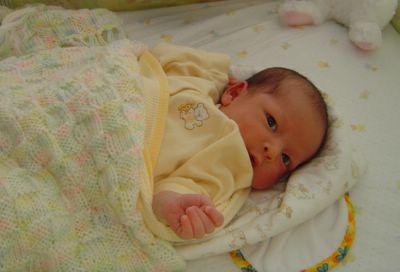
Gabi awake in her crib with a rolled receiving blanket around her head
Another thing that is all the rage these days is a book called
Baby Wise, which has come highly recommended to me by a number of motherly family and friends. From what I understand, it claims that babies do not need to eat more often than every three hours and you should expect the baby to conform to a schedule (eat-play-sleep in a three-hour cycle). The idea of having a schedule certainly sounds convenient. It would be much easier to plan your day if you knew ahead of time when the baby would need to eat and when the baby would be napping. And in our society, having control of the baby's schedule fits our culture better than being ruled by the baby.
However the medical community (in addition to questioning the creditials of the book's author) has concerns about forcing a schedule upon your baby. Instead, doctors recommend demand feeding your baby, especially if the baby is breastfed. If fed on demand, a newborn will eat every two to three hours (on average) for the first few weeks of life, spacing out the feedings once the mother's milk supply comes in. Whenever the baby goes through a growth spurt, the baby will be hungrier and therefore start to nurse more frequently--as much as every one to two hours. The mother's body will respond to this frequent suckling by producing more milk, and once the mother's milk supply increases enough, the baby will be able to get more milk at one feeding and thus will demand food less often. If you limit your baby to eating only every three hours, how will your body know to make more milk to satisfy your growing baby? If you put your baby on a schedule rather than letting the baby tell the mother when he is hungry, how will you know when the baby has reached a growth spurt or when the mother's milk supply is sufficient for the baby's nutritional needs?
On the other hand, I know some excellent mothers who follow the Baby Wise schedule, and their children do not appear to be suffering from failure to thrive. I suppose that just because this schedule isn't optimal for the baby, it isn't necessarily all that terrible. I also know some mothers who tried to implement the Baby Wise recommendations and had such trouble with it that it just didn't work for them at all. And based on the information I have, I don't think those mothers should feel as if they have failed at anything just because they end up demand feeding. I am demand feeding, and it works perfectly for Gabi and me.

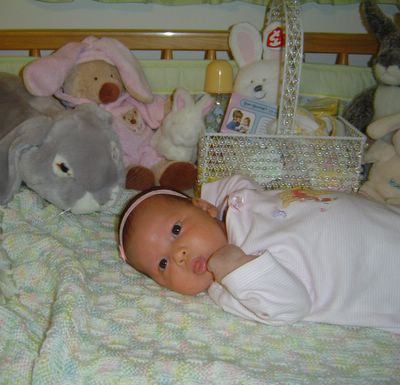
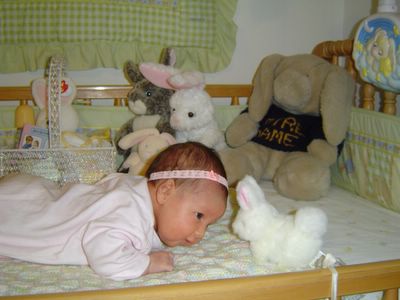
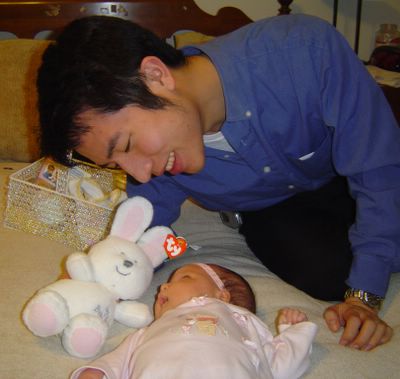
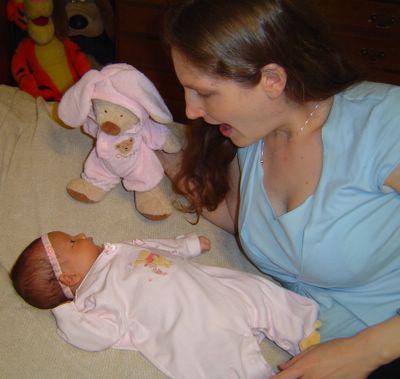
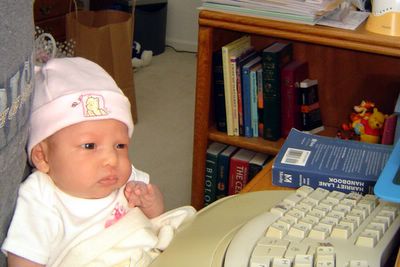
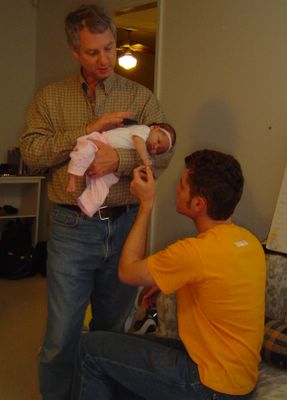
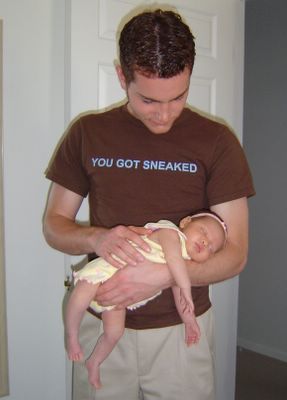
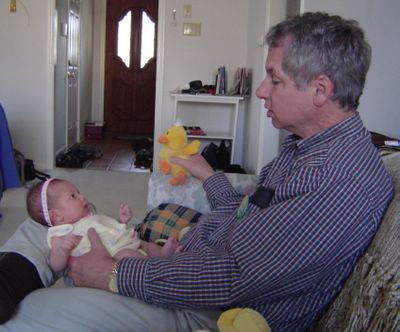
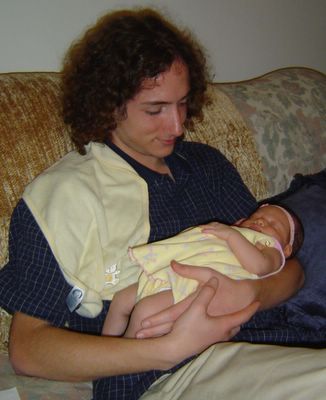
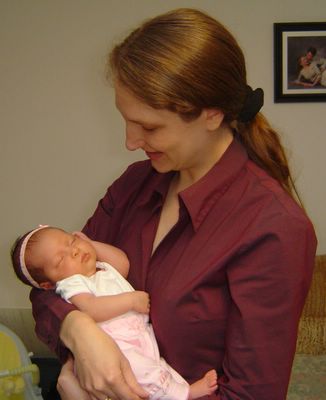
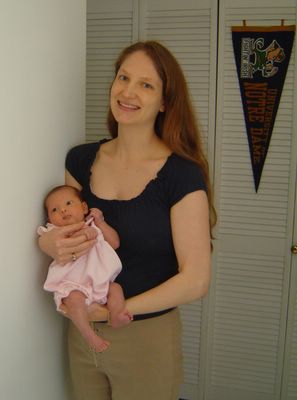
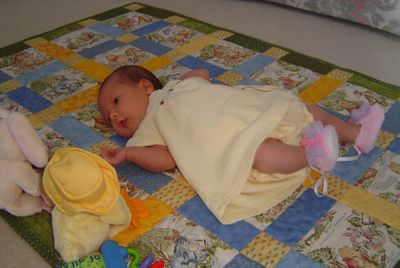
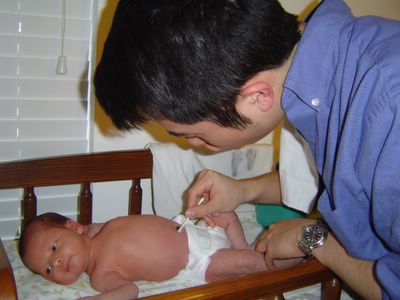
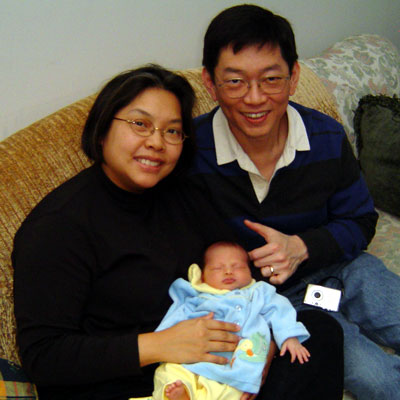


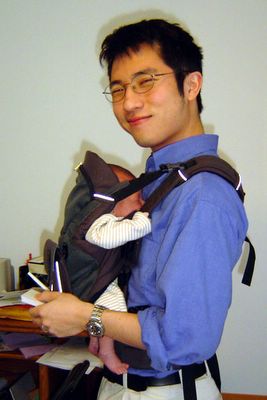
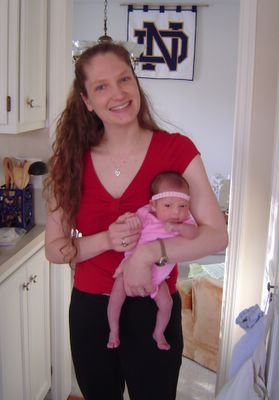
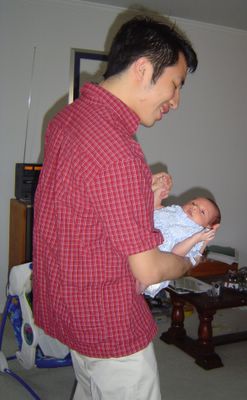
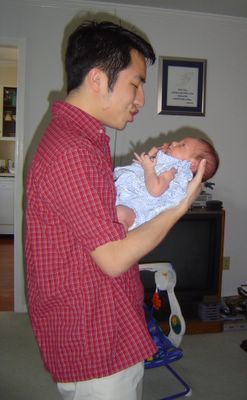
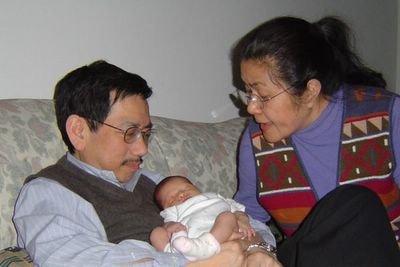
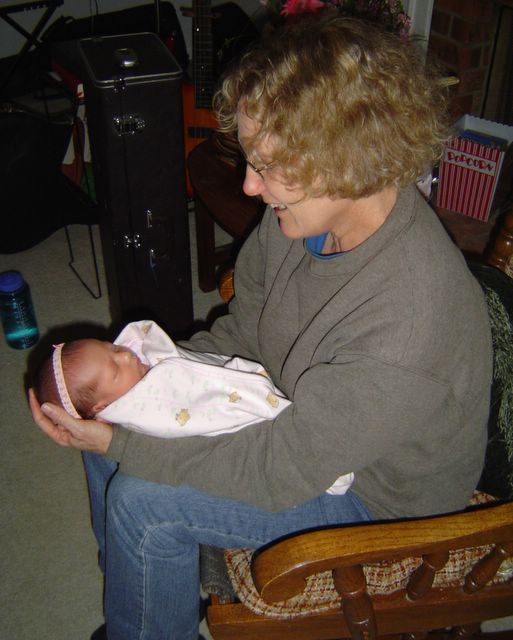
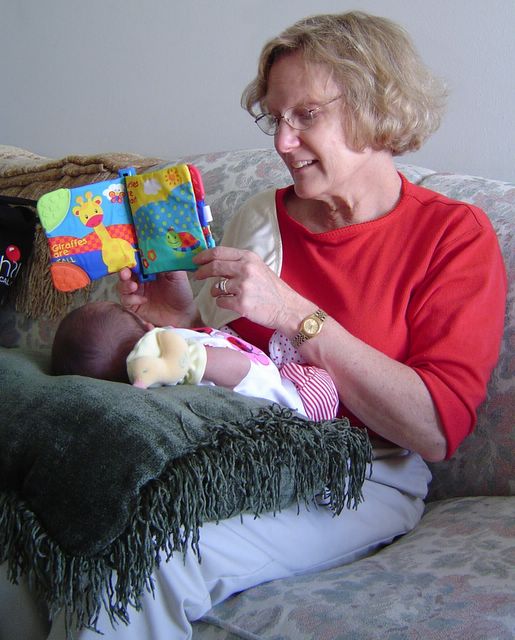
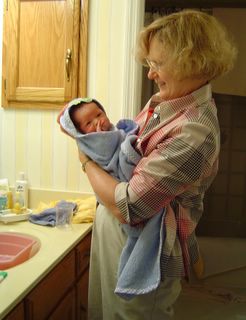
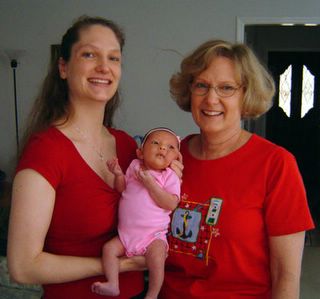
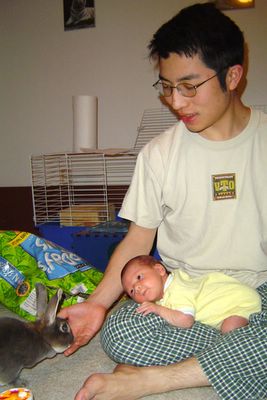

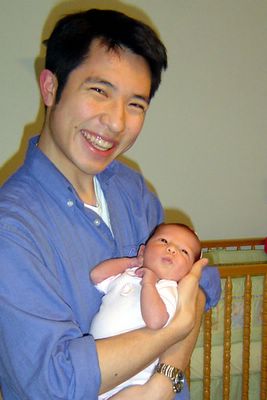
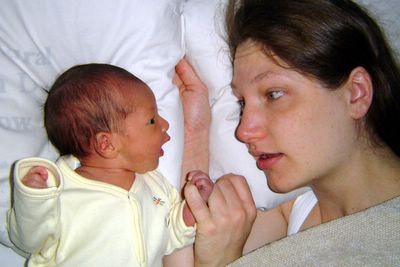

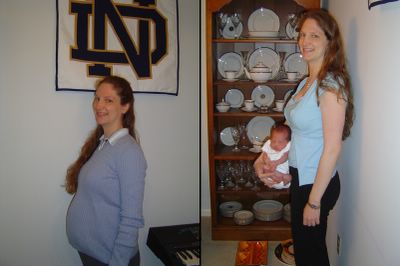


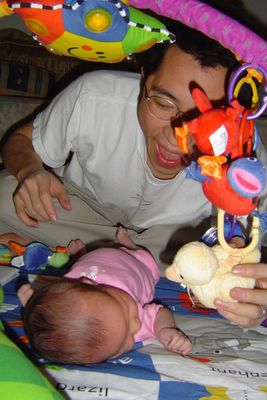
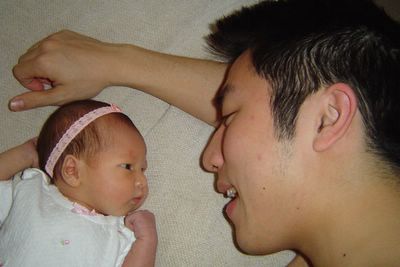
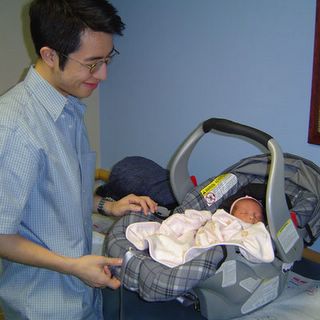
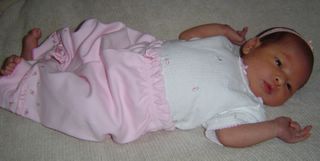
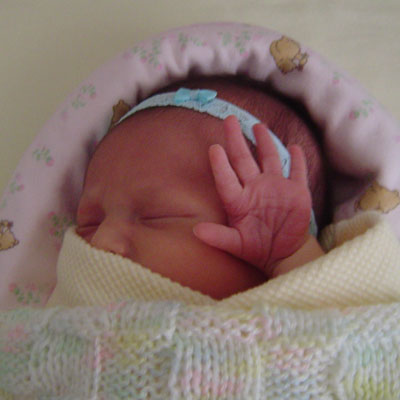
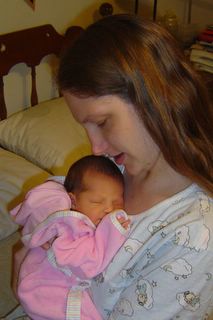
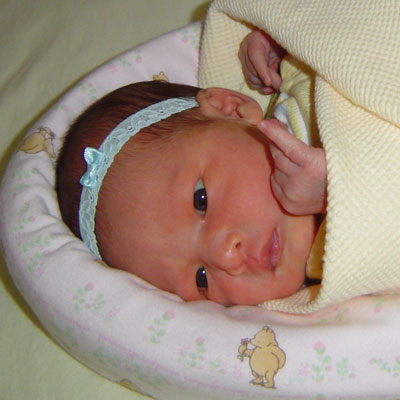

2.JPG)

